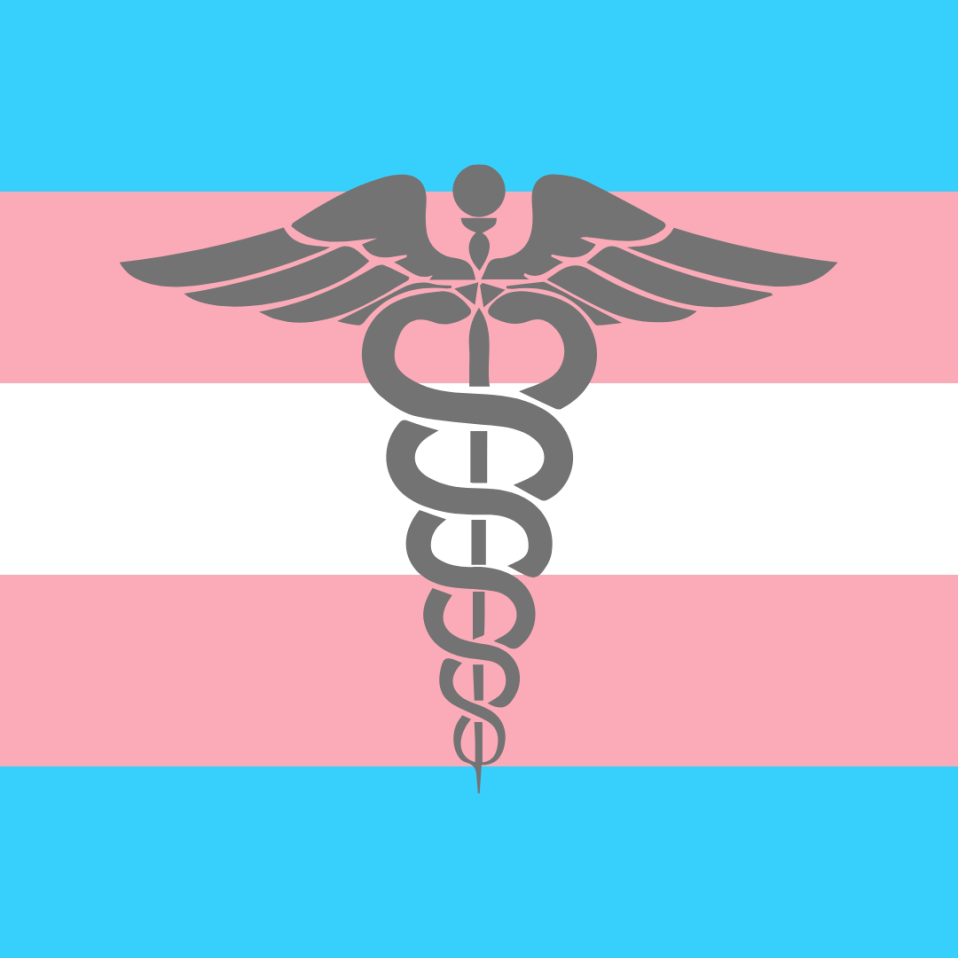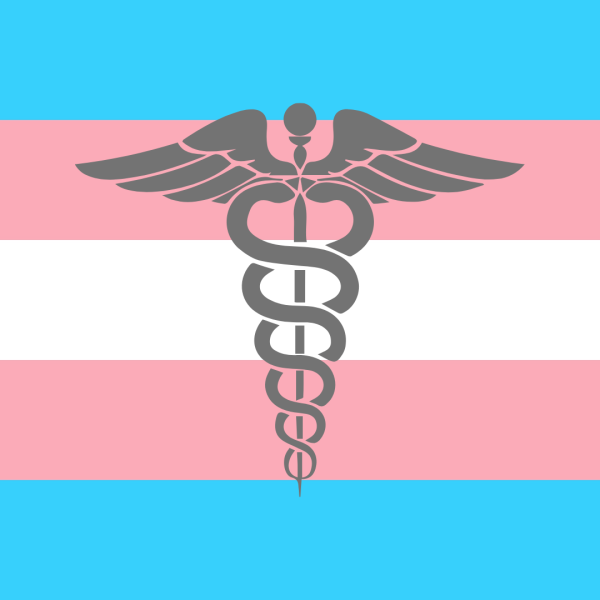 On Tuesday, May 30, 2023, Disability Rights Maryland (DRM) and Venable LLP filed a complaint against the Maryland Department of Human Services (DHS) and Maryland Department of Health (MDH) for their failure to provide appropriate placements and services for children warehoused in hospitals and emergency departments without medical necessity, resulting in “overstay” status.
On Tuesday, May 30, 2023, Disability Rights Maryland (DRM) and Venable LLP filed a complaint against the Maryland Department of Human Services (DHS) and Maryland Department of Health (MDH) for their failure to provide appropriate placements and services for children warehoused in hospitals and emergency departments without medical necessity, resulting in “overstay” status.
The lawsuit is filed on behalf of a class of Maryland foster children who currently are experiencing, or are at imminent risk of experiencing, medically unnecessary hospitalization.
Even though there are laws to help foster children leave institutional settings, local Departments of Social Services keep some children with challenging behavior in hospitals while they wait for placement in a congregate care group home, a highly restrictive residential treatment center (RTC), or a residential program for youth with disabilities.
The children suffer greatly during these hospital stays, as they are confined to beds or sterile hospital units for weeks or months without proper opportunities for education, recreation, socialization, fresh air, or basic interactions that are critcal for their development.
“Some children have been held in emergency departments for weeks, where they have difficulty sleeping because the lights are always on and there is constant activity all around them,” said Megan Berger, legal director at DRM. “It is traumatic to be confined in such arrangements after the kids’ doctors have said they are ready to leave. Kids have told us that they feel abandoned and unwanted—and the lack of available services and placements just compounds those feelings.”
Maryland is considered the wealthiest state in the country per person, but it continues to fail its most vulnerable children. Hospital overstays have been a persistent issue in Maryland for at least the past five years, affecting over 100 foster children annually.
Leslie Seid Margolis, a managing attorney and policy counsel at DRM, emphasized “Moving children out of the hospital one by one is not a plan. We hope this lawsuit will spur the State agencies to think systemically about how to address the critical need to provide meaningful therapeutic, behavioral, and supportive services to children and youth in their homes or foster homes or, if that is not possible, then in the community with as little restriction as possible.”
For more information about the lawsuit, you can find media coverage listed below:
Disability rights group sues Maryland for housing foster kids in hospitals (The Baltimore Banner)
Disability Rights Maryland Sues DHS, MDH Over Foster Children Care (Baltimore Post Examiner)
Maryland sued for allegedly housing foster children in hospitals (wmar2news.com)
Lawsuit challenges long, medically unnecessary hospital stays for Maryland foster care children (WYPR)







